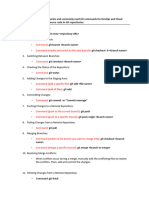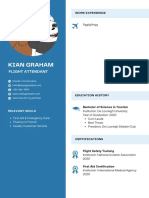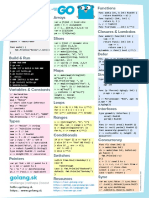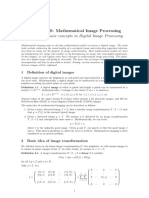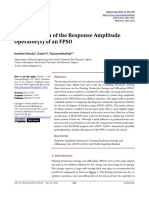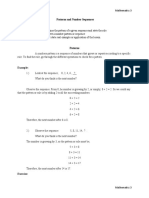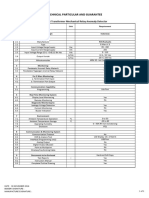0% found this document useful (0 votes)
18 views4 pagesAdvanced GitHub Guide For Regular Users
This guide provides advanced strategies for using GitHub effectively, focusing on collaboration, advanced features, and security best practices. It covers topics such as branching strategies, commit message best practices, GitHub Actions, and managing repository permissions. The guide aims to enhance users' GitHub workflows and deepen their understanding of Git functionalities.
Uploaded by
timdauchothay22Copyright
© © All Rights Reserved
We take content rights seriously. If you suspect this is your content, claim it here.
Available Formats
Download as DOCX, PDF, TXT or read online on Scribd
0% found this document useful (0 votes)
18 views4 pagesAdvanced GitHub Guide For Regular Users
This guide provides advanced strategies for using GitHub effectively, focusing on collaboration, advanced features, and security best practices. It covers topics such as branching strategies, commit message best practices, GitHub Actions, and managing repository permissions. The guide aims to enhance users' GitHub workflows and deepen their understanding of Git functionalities.
Uploaded by
timdauchothay22Copyright
© © All Rights Reserved
We take content rights seriously. If you suspect this is your content, claim it here.
Available Formats
Download as DOCX, PDF, TXT or read online on Scribd
/ 4





































